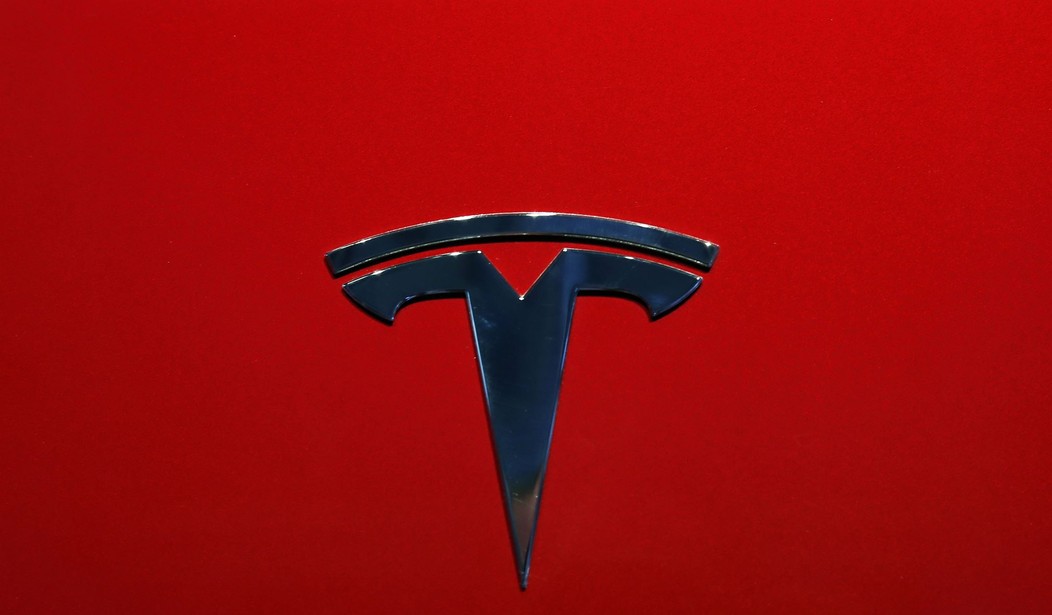Even before I became politically-minded, I knew that one day we would see self-driving cars. It felt like an inevitability. Many people don't like driving, and moreover, many people can't for one reason or another. As technology progressed, the autonomous car was going to be one of those things that came first. It was even depicted in Hollywood movies with near-future settings.
Sure enough, Elon Musk arrived on the scene and began working on that. Soon, we had the self-driving car in various Tesla models, and as Musk recently announced, he's releasing a fully autonomous "Cybercab" that doesn't even come with a steering wheel. It's all automated.
(READ: Tesla's 'We, Robot' Event Just Moved the Distant Future a Decade Away)
Don't get me wrong, I think this stuff is great. I'm looking forward to things like this being included in pretty much every car, becoming a standard part of any given vehicle. On long road trips, I wouldn't mind being able to let my car do all the driving without having to pay attention at all.
The thing is, I want the option to be able to reassume control. In fact, getting into a car where I have zero control over its immediate actions isn't something I think anyone should be comfortable with.
But I do foresee this activating ideas in a politician's brain, because when someone is willing to give up control, a politician wants to be there to put that absence of control into law. What I mean by this, is that I 100 percent see politicians attempting to outlaw manual driving the moment autonomous vehicles are advanced to a point where they're ultra-reliable.
I think it's interesting to hear Jensen Huang talks about Tesla's autonomous cars, and how every auto-manufacturer will have to follow suit one day; the first reason he brings up is "safety."
Tesla is far ahead in self-driving cars.
— DogeDesigner (@cb_doge) January 11, 2025
一 Nvidia CEO Jensen Huang
pic.twitter.com/Lf8WpA9axy
"Safety" is often the first reason a politician will give to reduce freedoms. It's an established pattern that was even recognized during our founding, as Ben Franklin famously said, "Those who would give up essential liberty, to purchase a little temporary safety, deserve neither liberty nor safety."
Two things are important to understand here.
For one, it may very well be safer for an AI to drive us around, but AI machines are not infallible. At some point, an error, a malfunction, or some kind of virus may screw with the program that operates the car, and the human will need to take over.
Secondly, there are people who simply like to drive. I know I do. Long drives where I can turn on an audiobook, or just zone out and think, are some of my favorite things. I like the control I feel behind the wheel, and I don't think that's something I'm willing to give up.
In an emergency, I don't want my AI car to take its sweet time to get to where I need to go in a flash. I need to get there pronto, and my AI will not be willing to violate the law, because no car manufacturer will ever be willing to allow its programs to act illegally. If I need to go a little faster, I don't want to have to argue with my AI about it, I want to just take over and do what I need to do.
And this brings me to my primary concern.
AI cannot and will not disobey any order given to it by a legal authority. Meaning that the government will have full control over any fully autonomous vehicle, even if they first have to request that control from the automotive company, which in this day and age wouldn't take longer than a few minutes at best. Moreover, if the government wants you to be stationary, it would be able to keep your car shut down or immobile.
Let's look back to the pandemic, when certain governors were making it illegal to even travel from one of your homes to another. In these "emergency" situations, I can guess that control over your traversal would be something the government would want.
Again, I do believe autonomous cars are inevitable, but so is the fight to maintain our freedoms. Autonomous cars will be a new battleground, and I consider the fight to maintain our freedom to use them manually as important as our fight to bear arms. Personal travel as we see fit is so important, and giving that up will create problems on problems.















